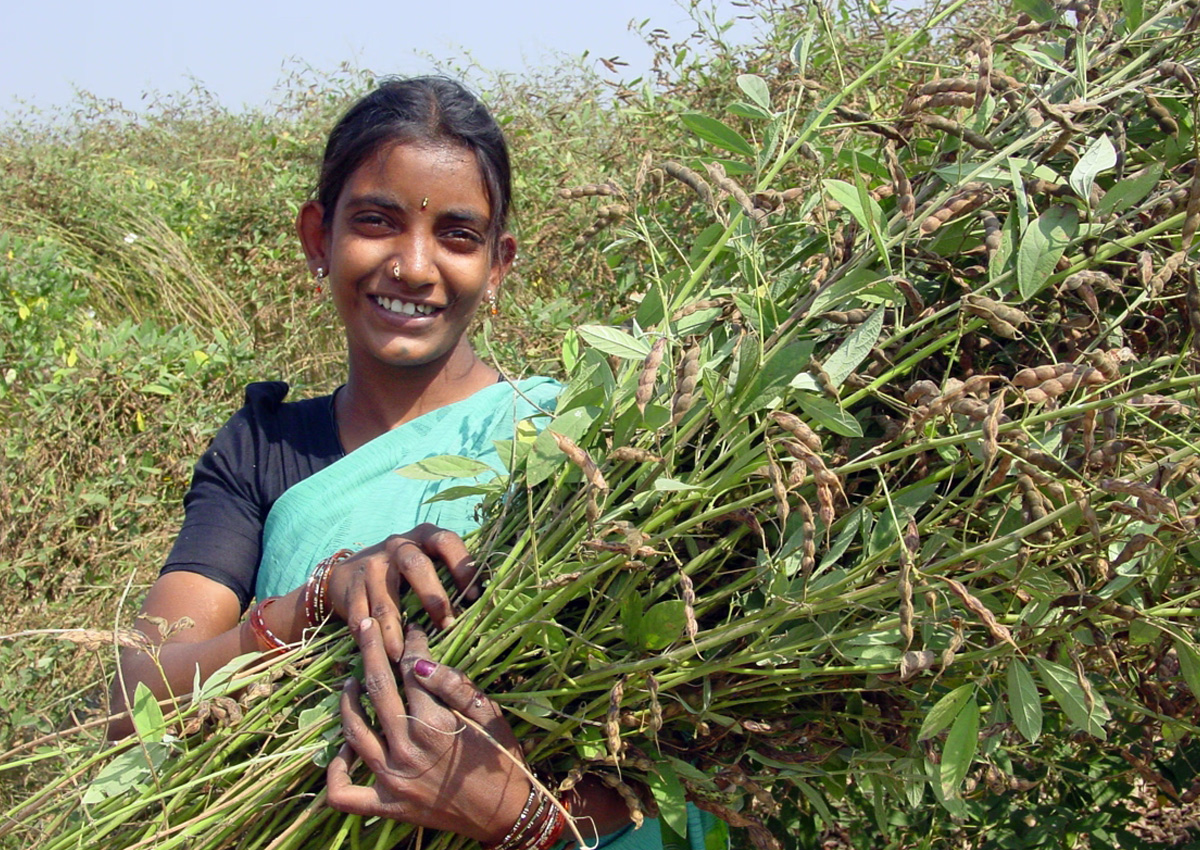
ICRISAT Pioneers World's First Pigeonpea Speed Breeding Protocol
March 13, 2024| |
The International Crops Research Institute for the Semi-Arid Tropics (ICRISAT) has pioneered the world's first speed breeding protocol for pigeonpea, promising to substantially cut the time required to develop new pigeonpea lines with desirable traits, and bring food to dryland communities faster.
Pigeonpea, a staple in tropical and subtropical diets, is crucial for food security and soil health globally and is lauded for its nutritional value and versatility. Traditionally, pigeonpea breeding takes up to 13 years. With the new protocol's emphasis on material breeding and control over factors such as photoperiod, temperature, and humidity, the breeding cycle can now be shortened to just two to four years.
Dr. Jacqueline Hughes, Director General of ICRISAT, underscored the consequence of the innovation. "This pigeonpea speed breeding protocol represents a significant advancement for major pigeonpea-producing regions, paving the way for self-reliance in pulse production and meeting the dietary necessities of nations such as India, Myanmar, Kenya, Tanzania, and Mozambique," she said.
For more details, read the article in ICRISAT Media Center.
| |
You might also like:
- IRRI Develops SpeedFlower, the First Speed Breeding Protocol for Rice
- Speed Breeding and Genome Editing to Feed 10 Billion
- Space Age Plant Breeding Paves the Way for Future Crops
Biotech Updates is a weekly newsletter of ISAAA, a not-for-profit organization. It is distributed for free to over 22,000 subscribers worldwide to inform them about the key developments in biosciences, especially in biotechnology. Your support will help us in our mission to feed the world with knowledge. You can help by donating as little as $10.
-
See more articles:
-
Plant
- The Impact of RNAi Technology in Transforming Agriculture
- Technique Genetically Transforms Succulents Without Tissue Culture
- OGTR Receives Application for GM Wheat Field Trial in Australia
- ISAAA Inc. and DA Biotech Release Coffee Table Book on the Filipino Faces of Biotechnology
- ICRISAT Pioneers World's First Pigeonpea Speed Breeding Protocol
-
Animal
- Brazil Releases Genetically Modified Mosquitoes to Combat Dengue Cases
-
Food
- Researchers Identify Molecular Secrets of Muscaris Grapes' Lychee Aroma
- ISAAA and Partners Feature Salmonella Detection Methods Developed in the Philippines
-
Read the latest: - Biotech Updates (February 4, 2026)
- Gene Editing Supplement (January 28, 2026)
- Gene Drive Supplement (February 22, 2023)
-
Subscribe to BU: - Share
- Tweet

